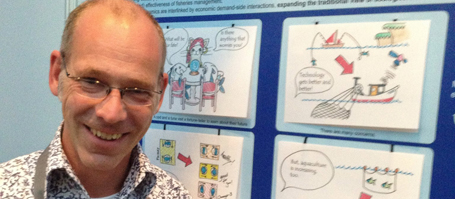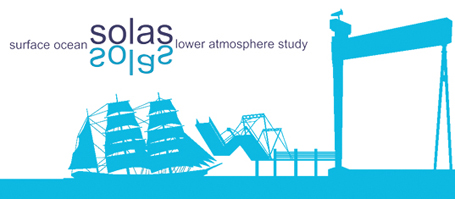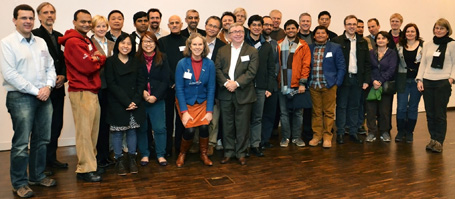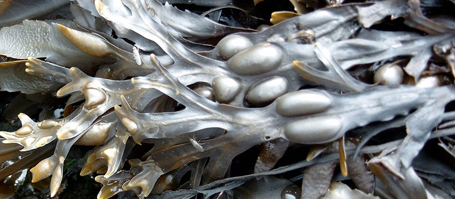ICES is a global organization that develops science and advice to support the sustainable use of the oceans. It presents a network of more than 4000 scientists from almost 300 institutes, with 1600 scientists participating in activities annually. Over 600 marine scientists gathered for a week-long conference in A Coruña under the theme, "Sustainability in a changing ocean" and exchanged the latest and thought-provoking marine research with their peers. A total of 17 theme sessions covered a wide range of topics, including integrated ecosystem management, marine protected areas, ecosystem dynamics, and ocean acidification. The poster was entitled ‘Four fish in 2048 -What will be the status of the wild ones?’ Using an ecological-economic multi-species model, the researchers assess the importance of economic drivers on changes in future stock status. They simulated (i) technological progress, reducing catching costs, (ii) increasing demand for fish, and (iii) higher supply with farmed fish as well as their interplay under different scenarios of management effectiveness. In the model, stock dynamics are interlinked by economic drivers (substitution elasticity in demand), expanding the traditional view of ecological interaction by including market interactions. It is shown that increasing aquaculture production can damp the pressure on wild stocks. It can, however, only partly counteract the effects of technological progress and increasing demand. The only solution to avoid future stock collapse in four out of six investigated cod and tuna stocks is increased management effectiveness. The jury especially acknowledged the high interest drawn by the poster as well as the dynamic presentation. The combination of an appealing and entertaining comic strip with complex innovative research were striking and made it easy for participants to understand the importance of economic drivers on changes in the world fisheries. The work presented is a contribution to the Cluster of Excellence ‘Future Ocean’ of Kiel University as well as the BMBF-funded research project BIOACID 2.
Contact:
Rudi Voss, voss@economics.uni-kiel.de
Foto: ICES
…





